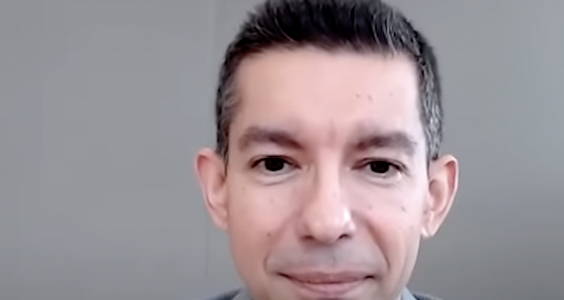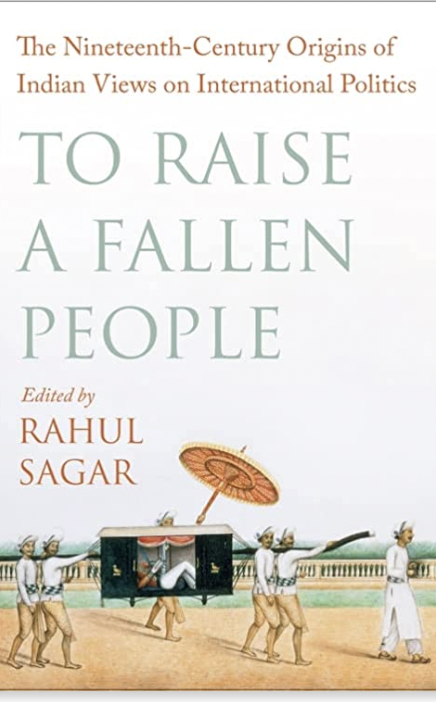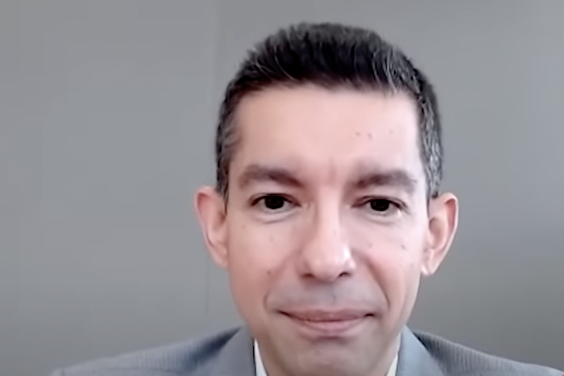
Indian’s complex relationships with America and China


Over the past decades, the US and India have had several diplomatic ties. But Russia and India have long been friends too, with a relationship forged during the cold war and sustained by steady trade in energy and weapons, dealing with Indian Rupees rather than US Dollars.
West is frustrated at India’s response to the war in Ukraine, as US officials pushed Prime Minister Modi to condemn Moscow, but New Delhi had other ideas, as Modi refused to criticize President Vladimir Putin, let alone countenance of sanctions. Events in Ukraine have raised questions just how reliable a friend India might prove to be?
India is likely to overtake Japan in the next decade, as World’s third largest economy. Many western leaders also place closer security ties with New Delhi, viewing India as a critical member of a new coalition of nations willing to stand up to China and uphold the existing global order.
In Rise a Fallen People: The Nineteenth-Century Origins of Indian Views on International Politics, academic Rahul Sagar, reveals the politics of imperialism, morality of opium trade, foisted on China by the British Empire.
In the introduction Sagar writes, “Put another way … We want to know whether India will henceforth behave like a traditional great power by concertedly developing its capabilities and advancing its national interests”.
Sagar unearths essays, speeches, and pamphlets that address fundamental questions about India’s place in the world. In these texts, prominent public figures urge their compatriots to learn English and travel abroad to study, debate whether to boycott foreign goods, differ over British imperialism in Afghanistan and China, demand that foreign policy toward the Middle East and South Africa account for religious and ethnic bonds, and query whether to adopt Western values or champion their own civilizational ethos.
Sagar provides insights into Beijing’s present thinking. Some of the most interesting extracts discuss how India should respond to the “Great Game”, the 19th century diplomatic confrontation between Britain and Russia, as the latter’s influence spread through Afghanistan up to India’s border.
“For the past century, the security umbrella provided by the British Empire, and subsequently the Nehruvian policy of non-alignment, allowed Indians to more or less avoid the question of whether their country should enter, with all seriousness, into the rough and tumble of great power politics. We are in the waiting room of history” Sagar writes.
To Raise a Fallen People: The Nineteenth-Century Origins of Indian Views o International Politics by Rahul Sagar, Columbia University Press, £28/ $35, 352 pages.
